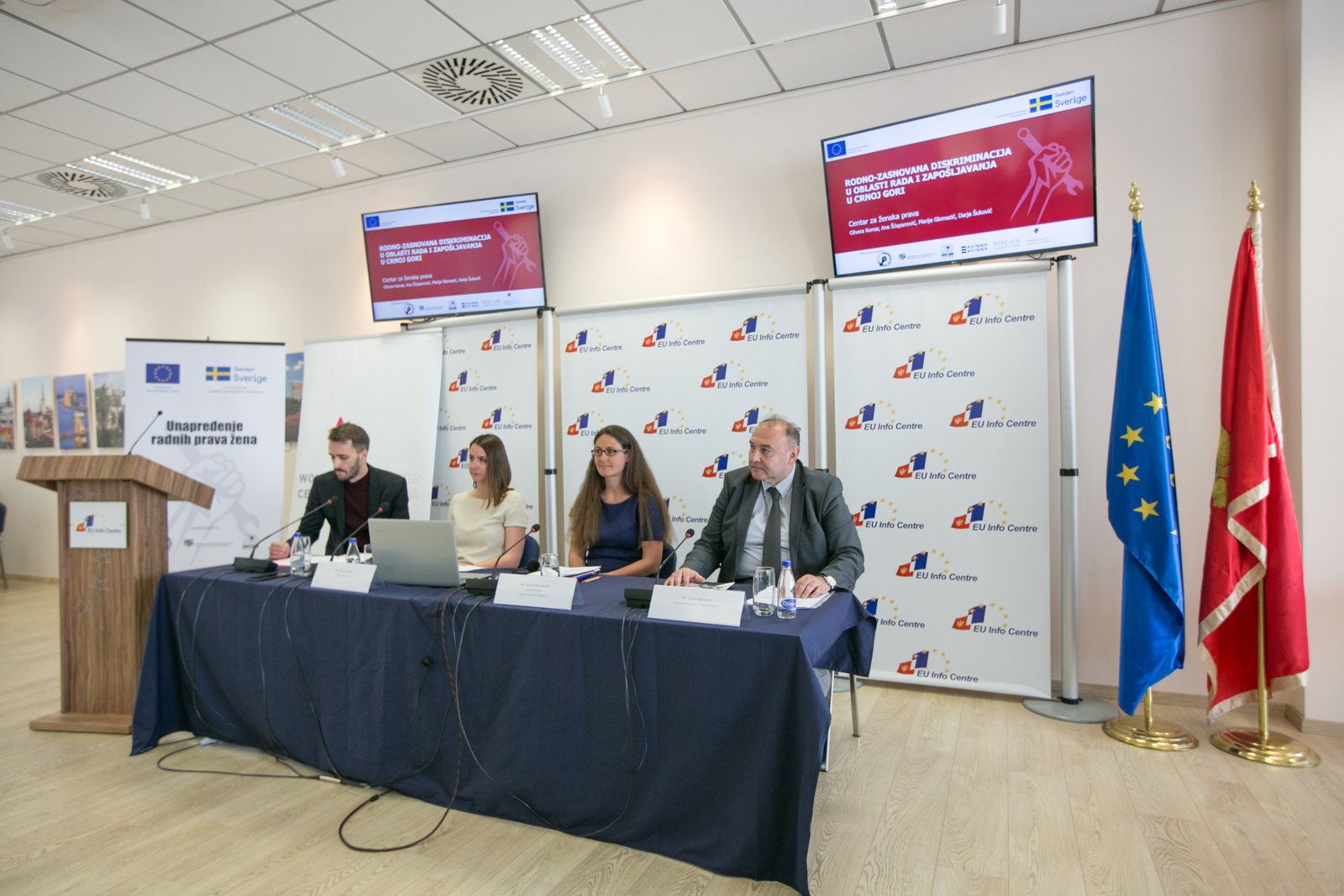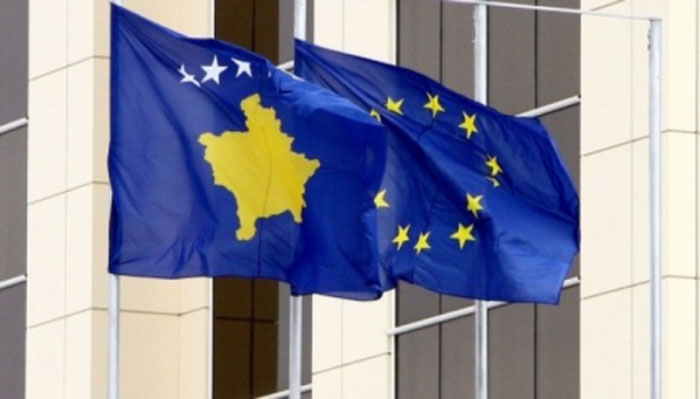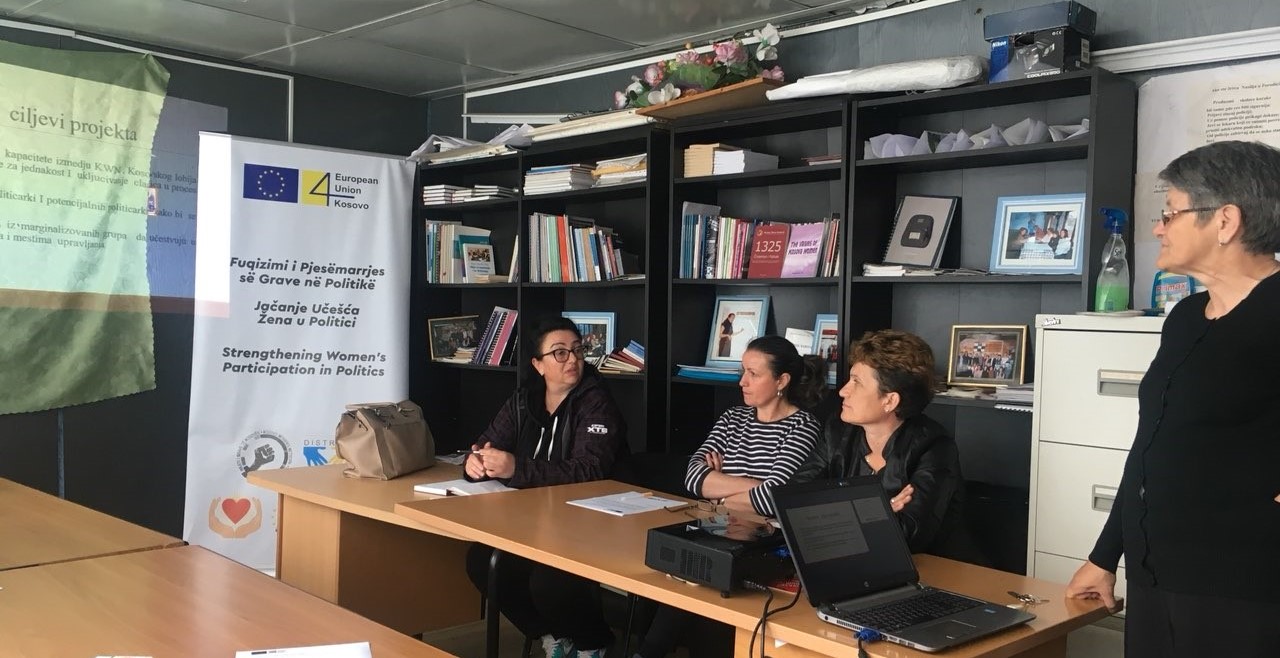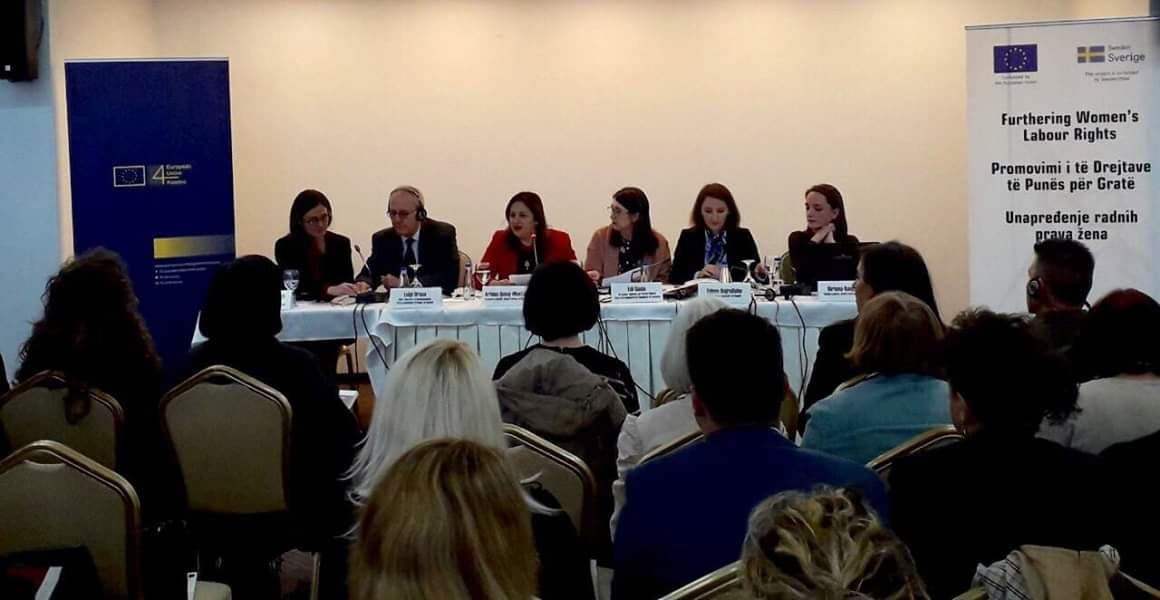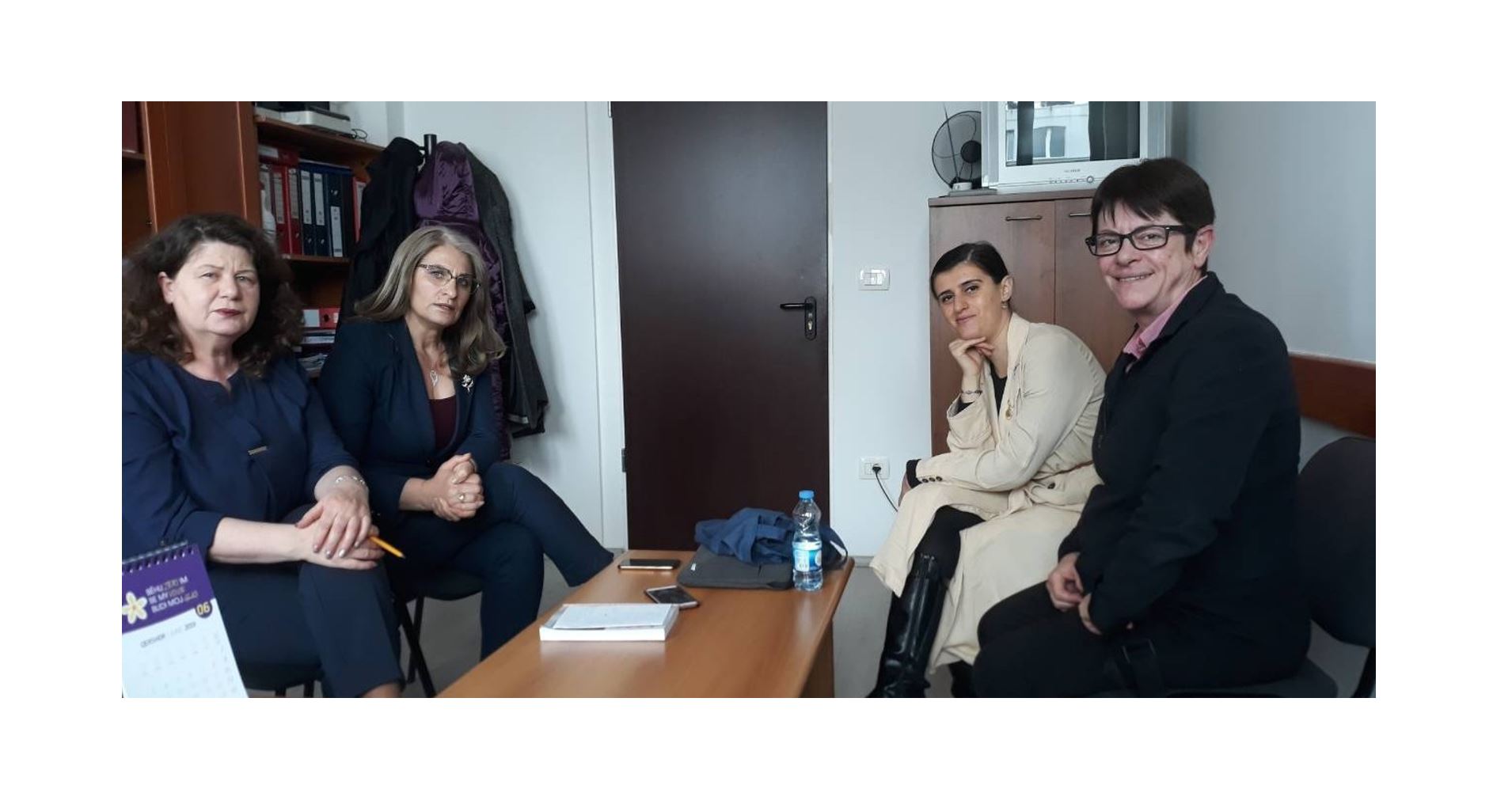Podgorica – On 24 Apr. 2019, at the EU Info Centre in Podgorica, the Women’s Rights Centre (WRC) launched their new report on Gender-based Discrimination and Labour in Montenegro.
The report presented research findings from Montenegro, related to gender-based discrimination in entering the labour force as well as in the workplace.
At this event, WRC presented the methodology, key findings and recommendations resulting from the research, as well as welcomed discussion regarding the findings.
In her opening remarks, Plamena Halacheva, Head of the Political, European Integration and Trade Section at the EU Delegation said that equality between women and men is a fundamental value of the European Union, emphasizing that “this is always a work in progress and Montenegro is no exception.” She noted that Montenegro still needs to implement its legal framework and improve its maintenance of data, including by establishing the EU Gender Equality Index. “Women’s rights are never against some else’s rights; they are not against men’s rights,” she said, adding that “ensuring rights is better for everyone in the society”.
The Deputy Ombudsperson Siniša Bjeković agreed with most of the report recommendations, noting in particular that data management needs to be improved. “We must take this report as an agenda for our work,” he said.
Olivera Komar, Lead Researcher, presented key findings and recommendations. “There’s a feeling that things should be dealt with ‘in house’, before taking cases to institutions,” she observed. Most institutions claimed that they cannot do anything, with some stating that their “hands are tied” and/or expressing scepticism about “proving” gender-based discrimination.
Maja Raičević, Executive Director of WRC, said that this research is “just the beginning” and that WRC will notify stakeholders of forthcoming work to address gender-based discrimination in Montenegro and the region.
Nicole Farnsworth from the Kosovo Women’s Network also presented initial findings from the forthcoming regional report on gender-based discrimination in the Western Balkans.
Other participants engaged in the discussion, including the Gender Adviser from the Ministry of Human and Minority Rights, the Union of Free Trade Unions’ representative, mothers engaged in advocacy for their rights to work following government policies that left thousands without work and the Association of Roma, among others.
This action was funded by the European Union and co-funded by Swedish Development Cooperation as part of a regional initiative to address such discrimination in six Western Balkan countries.

